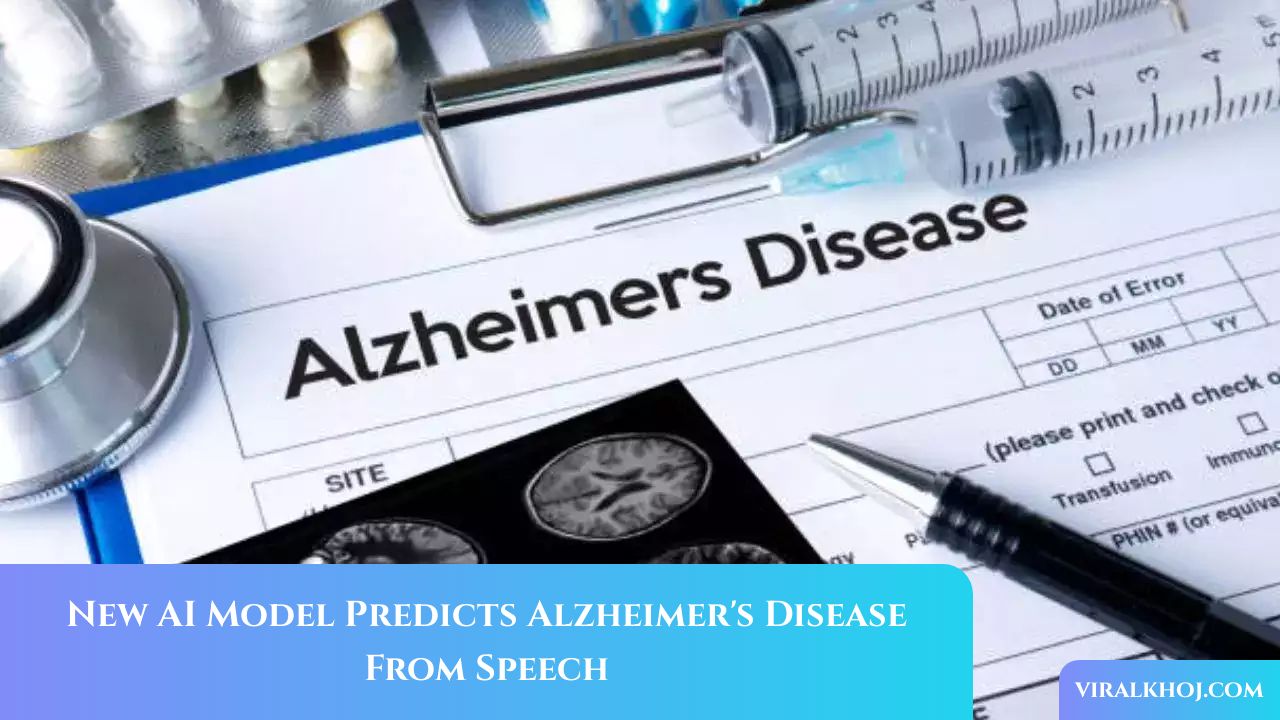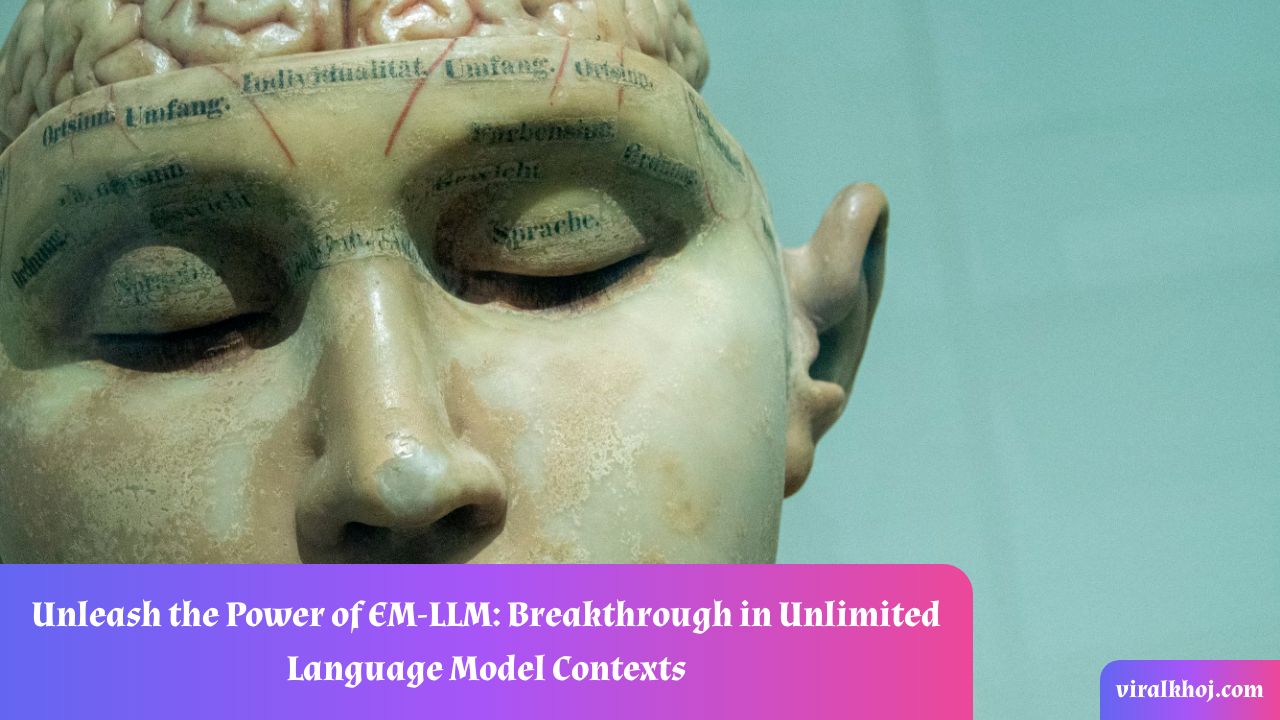New AI Model Predicts Alzheimer's Disease From Speech

New AI Model Predicts Alzheimer's Disease From Speech
Alzheimer's disease is a debilitating neurological condition that affects millions of people around the world. It is characterized by memory loss, cognitive decline, and changes in behavior. Early detection of Alzheimer's is crucial for effective treatment and management of the disease. In recent years, advancements in artificial intelligence (AI) have paved the way for innovative solutions in healthcare. One such breakthrough is the development of an AI model that can predict Alzheimer's disease from speech.
Researchers and scientists have been working tirelessly to find ways to detect Alzheimer's disease at its early stages. The new AI model utilizes machine learning algorithms to analyze speech patterns and detect subtle changes that may indicate the presence of Alzheimer's. By analyzing various linguistic and acoustic cues, the AI model can identify potential biomarkers of the disease.
The AI model's ability to predict Alzheimer's from speech opens up new possibilities for early detection and intervention. It offers a non-invasive and cost-effective method that can be easily integrated into routine medical screenings. This can significantly improve the chances of early diagnosis and timely interventions to slow down the progression of the disease.
Speech analysis has long been recognized as a potential tool for detecting cognitive decline. Changes in speech patterns, such as pauses, hesitations, and word-finding difficulties, are often observed in individuals with Alzheimer's. However, manual analysis of speech can be time-consuming and subjective. The AI model overcomes these limitations by automating the analysis process and providing more accurate and objective results.
Early studies using the AI model have shown promising results. Researchers have found that the AI model can accurately distinguish between individuals with Alzheimer's disease and healthy individuals based on speech patterns. The model's predictive capabilities have the potential to revolutionize the field of Alzheimer's diagnosis and treatment.
With further development and validation, the AI model could be incorporated into routine healthcare practices. Screening individuals for Alzheimer's disease based on their speech patterns could become a standard part of regular check-ups, just like blood pressure measurements and cholesterol tests. This would enable early detection and intervention, leading to better outcomes for individuals at risk of developing Alzheimer's.
It is important to note that the AI model is not meant to replace traditional diagnostic methods but rather to complement them. Additional research and clinical trials are needed to validate the model's effectiveness and ensure its accuracy across different populations. However, the potential of this AI model to transform Alzheimer's diagnosis and improve patient care is undeniable.
As we continue to make strides in AI and healthcare, the future looks promising for early detection and intervention in Alzheimer's disease. The development of the AI model that predicts Alzheimer's from speech brings hope to individuals, families, and healthcare professionals alike. With early detection, individuals can receive the necessary support and interventions to maintain their quality of life for as long as possible.
For more information on Alzheimer's disease and the latest advancements in healthcare, visit the following links:


The Ethical Implications of AI in Warfare: A Call for Responsibility
27 Aug 2024
Reddit Blocks Bing Search Engine Access: Impact on Other Search Engines
28 Jul 2024
Google's Privacy Shift: Implications for Chrome Users and Regulators
28 Jul 2024
Unlocking Infinite Context Lengths for Large Language Models: The EM-LLM Breakthrough
17 Jul 2024
Why EV and AI’s energy-saving pitch in India is a clickbait
17 Jul 2024